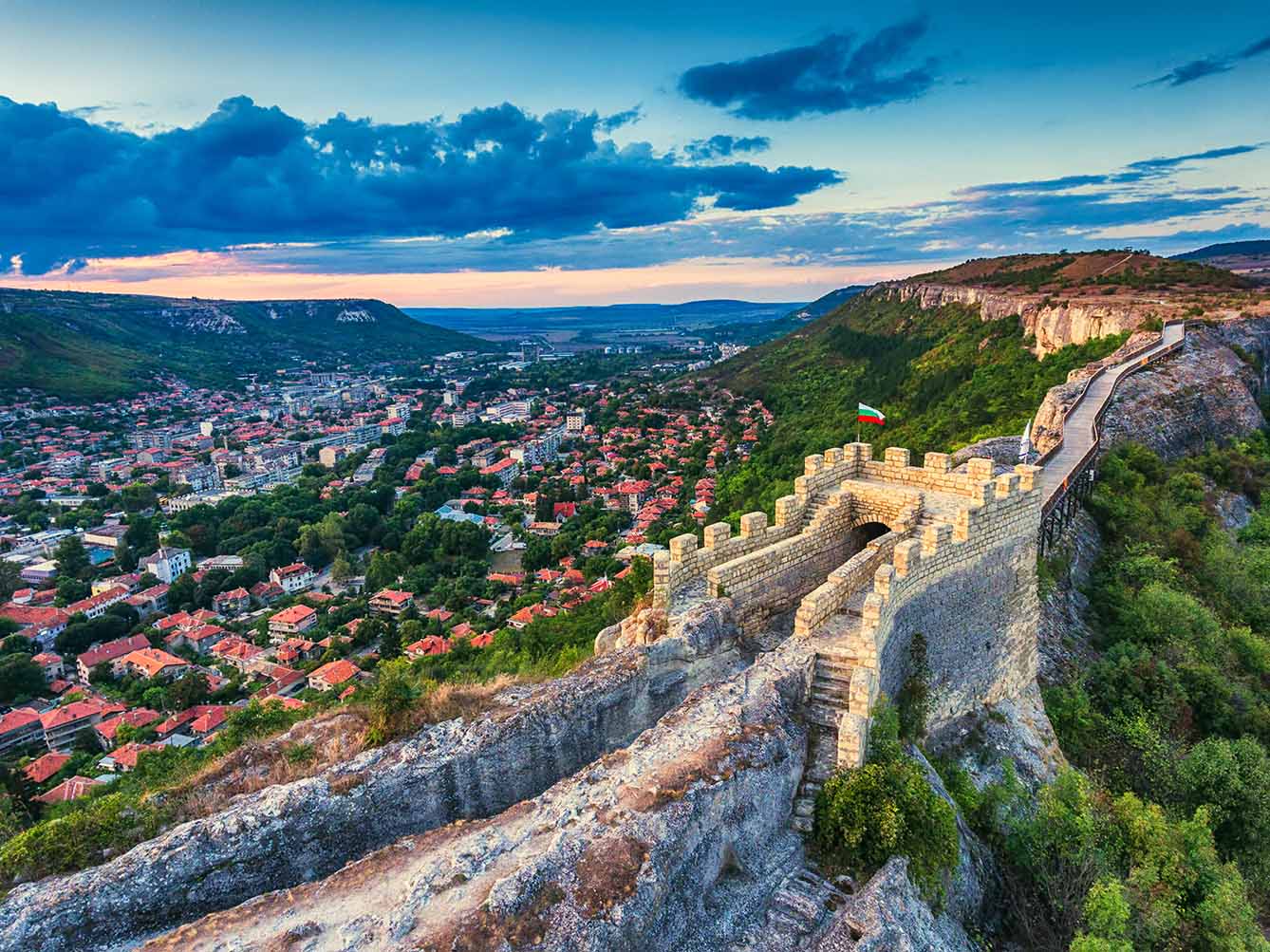One has the oldest gold treasure in the world. Another boasts about its connection with the father of Alexander the Great. Today, these two cities still compete in every possible way to be Bulgaria’s second most important town after the capital. But a third city, with just a few thousand inhabitants, may shatter their dreams to be Europe’s oldest city. The key to all of this is… salt.
How can Bulgaria even compete when its “oldest” cities were founded around 7000 B.C.? What about the Lascaux cave in France with its 17,000-year old paintings from human inhabitants? And what about Greece? The country is famous for its ancient city-states. How could Bulgaria’s Varna possibly compare with Athens? These undeniably valid questions require us first to define what a city is. Historians agree that the significant difference between a city and any other settlement is that city-dwellers indulge primarily in non-agricultural activities. So villages, clusters of huts, and the like from the dawn of humanity are not “cities.”
Varna vs Plovdiv as Europe’s oldest city
The biggest city on Bulgaria’s Black Sea coast – Varna- is often dubbed as the country’s summer capital. A name earned due to its economic and cultural significance, plus its steady flow of tourists. However, beneath the nightlife lies something different—a burial site with over 3000 golden artifacts in the graves.
They date back to the 5th millennium B.C., and the total amount in gold is over 6 kg. What is more fascinating is that the value of the treasures varies profoundly between graves. In short, this denotes a civilization that already had different social classes, similar to modern society.
Here, one grave outmatched even the wealthiest caste. Amongst all the jewelry – and a golden phallus, the burial site of the chieftain revealed a golden hammer/wand. In other words, a symbol of religious and political power over the community.
While Varna’s ancient society, with different classes and social roles, provides a severe case for its status, Plovdiv also has valid reasons why it is the oldest city. The earliest signs of inhabitants date back to the 6th millennium B.C.
Though today, the city of Plovdiv has been continually inhabited. Like Rome, Plovdiv is built around seven hills, and in 342 B.C. Philip, the father of Alexander the Great, named the city after himself after conquering the region.
When two are fighting – the third wins
While Varna and Plovdiv compare their historical and modern-day importance, a third town called Provadia may be Europe’s oldest city. The nearby archeological site consists of a fortification wall surrounding Europe’s most senior salt harvesting community. Nowadays, salt is used for seasoning, but this commodity was required to preserve food in ancient times. Provadians used to trade with it, possibly through the port of Varna nearby.
Although the city of Provadia is called the oldest prehistoric town on the old continent, Greeks may still disagree in favor of their “polises.” Athens, for example, is believed to be founded between 1100 and 700 B.C. by a king who was “half-man, half serpent.” We’ll leave historians to decide which city came first. Personally, I believe more in the importance of food than that of a royal half-man, half-snake.







